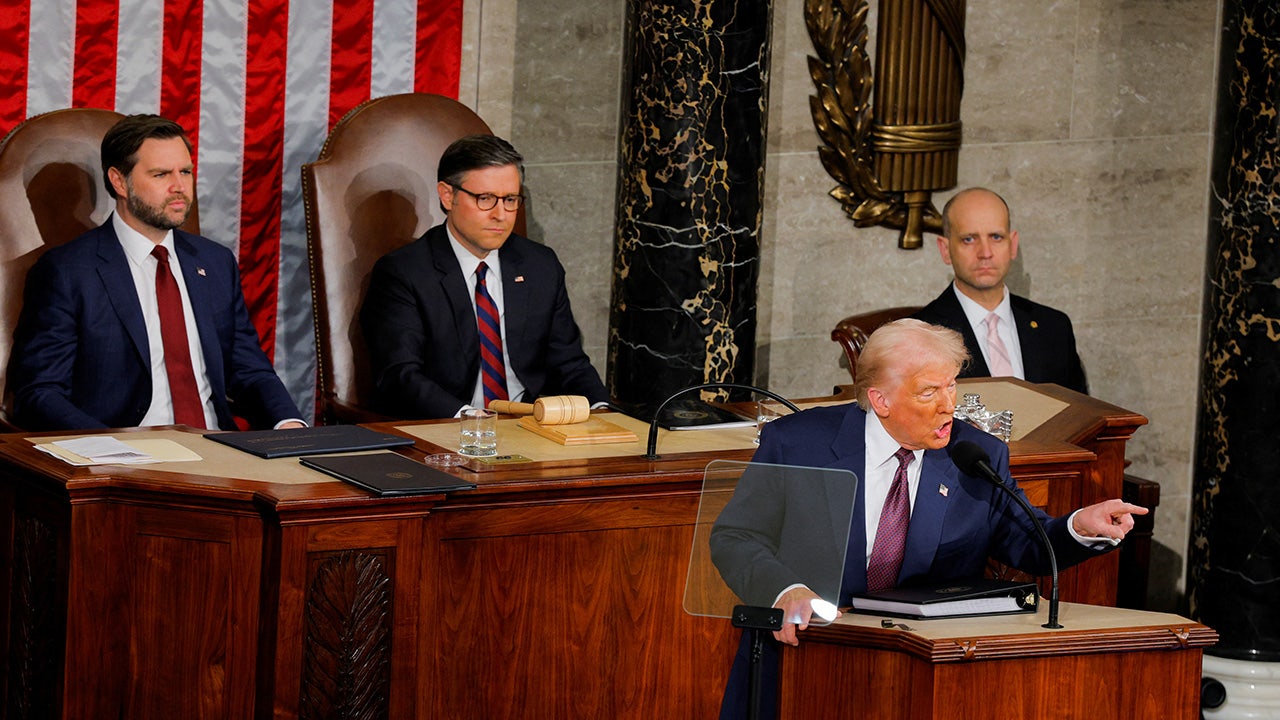Israel’s defense minister has said that the country’s military has eliminated half of Hezbollah’s commanders in southern Lebanon. But analysts doubt whether Israel’s increasing use of targeted killings would weaken the militant group.
Hezbollah, which is based in Lebanon and is Iran’s most powerful regional proxy, has had intense cross-border clashes with Israeli forces ever since the Hamas-led attacks in Israel on Oct. 7. With little sign of the conflict abating and with diplomatic talks yet to result in a cease-fire, Israel has in recent months begun killing Hezbollah fighters in targeted strikes, reflecting an apparent shift in military strategy.
“Half of the Hezbollah commanders in southern Lebanon have been eliminated,” Israel’s defense minister, Yoav Gallant, said during a visit on Wednesday to Israeli troops along the northern border with Lebanon. “The other half are in hiding,” he added, without providing a specific number or evidence of his claim.
A Hezbollah official and a senior Lebanese intelligence official, both of whom spoke anonymously to discuss the sensitive subject, denied Mr. Gallant’s numbers on Thursday.
Some experts expressed skepticism about whether Israel’s targeted killings could achieve its goal of pushing Hezbollah north of the Litani River in Lebanon, thereby preventing cross-border attacks and allowing the tens of thousands Israeli civilians displaced by the fighting to return.
“It is psychological warfare,” said Kassem Kassir, a Lebanese political analyst and expert on Hezbollah who is close to the group. He added that Mr. Gallant’s statement was a means “to convince the Israeli audience that the army is achieving its goals.”
In reality, Mr. Kassir said, out of 100,000 Hezbollah fighters, no more than 20 of the roughly 270 members that the group has acknowledged have been killed were commanders.
Mr. Gallant’s comments, analysts said, reflected a growing unanimity among Israeli officials that Hezbollah poses the clearest threat on its borders. On Sunday, Benny Gantz, a member of Israel’s emergency war cabinet, declared that Israel’s border with Lebanon constituted its “greatest and most urgent challenge.”
Publicly, the Israeli military has named nine Hezbollah fighters whom it has eliminated and described as “commanders” on the Telegram messaging app since Oct. 7. Some were described as senior figures in Hezbollah’s elite Radwan unit, and others were said to have been involved in the group’s drone operations. The claims could not be independently verified.
“They need this veneer of success, and so are highly publicizing these assassinations,” said Amal Saad, a lecturer in politics and international relations at Cardiff University in Wales who researches Hezbollah. “It is compensation for lack of any military achievement,” she added.
Hezbollah seldom releases details about the ranks of its slain fighters, often denying the Israeli military’s claims about their roles. Analysts say, however, that the group’s responses to targeted strikes are often indicative of the significance of the fighters killed.
Rym Momtaz, a Paris-based research fellow at the International Institute for Strategic Studies who specializes in the Middle East, said: “Israel has killed a few of their commanders in their south. That is not something they have denied, and of course this is an issue, but Gallant is overstating and exaggerating here.”
Another analyst noted that wartime estimates of battlefield tolls could be suspect. “All parties probably have a vested interest in showing that they’re doing great and minimizing their losses,” said Matthew Levitt, director of the counterterrorism program at the Washington Institute for Near East Policy, a research organization.
Hezbollah has lost a significant number of fighters and commanders during the war with Israel, Mr. Levitt said. But “the reality is that Hezbollah has a deep bench,” he said.
Elias Hanna, a military analyst and former brigadier general in the Lebanese Army, said that regardless of how many of Hezbollah’s commanders have been killed, Israel’s pivot to targeted assassinations “would not affect” Hezbollah’s “modus operandi.” He added, “It’s a war of attrition and positional warfare.”
After airstrikes killed what Israel described as two Hezbollah commanders, the militant group claimed responsibility for a drone and missile attack in northern Israel last week that killed one soldier and wounded 16 other soldiers and two civilians. It was one of Hezbollah’s most damaging attacks in Israel in recent months.
Johnatan Reiss and Anushka Patil contributed reporting.





